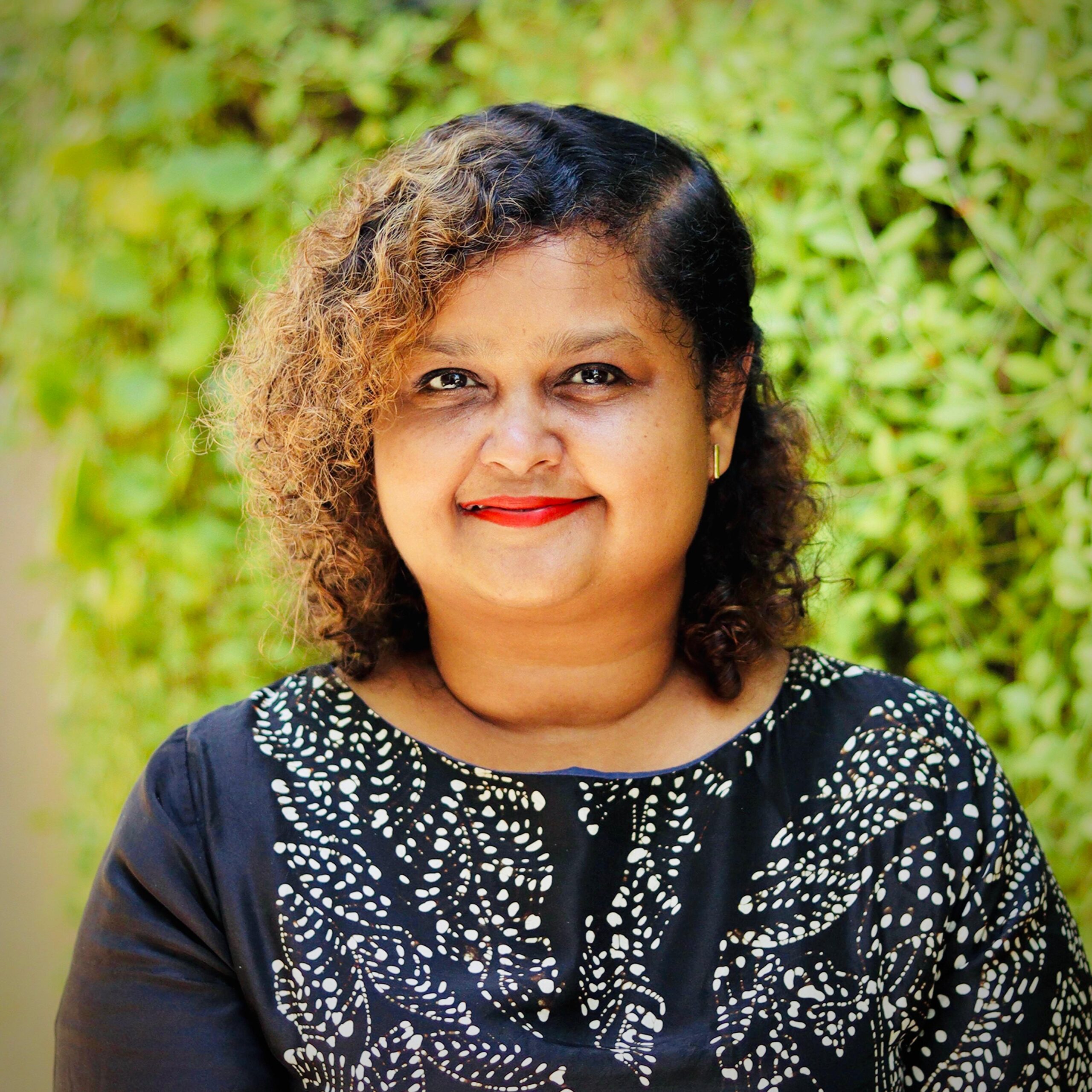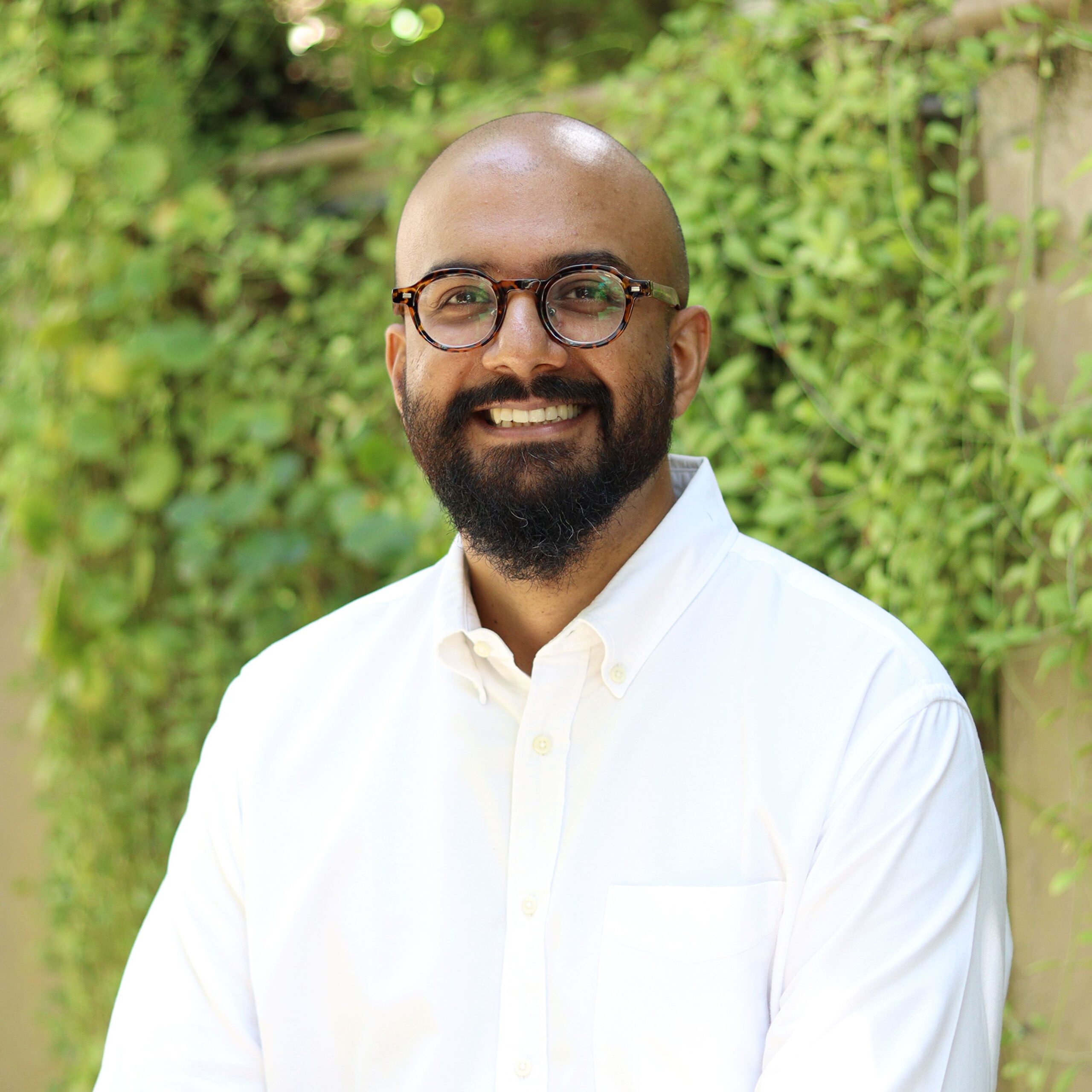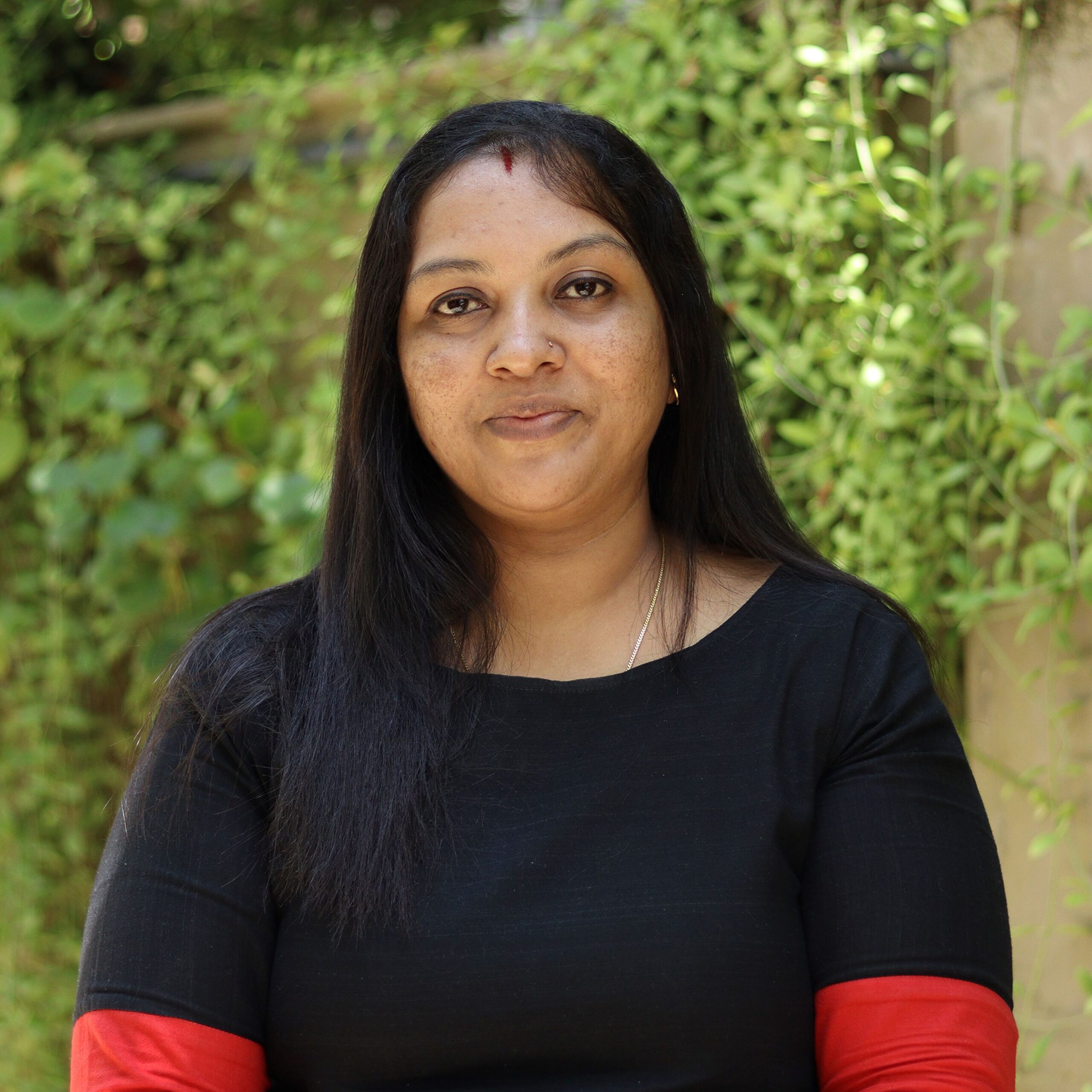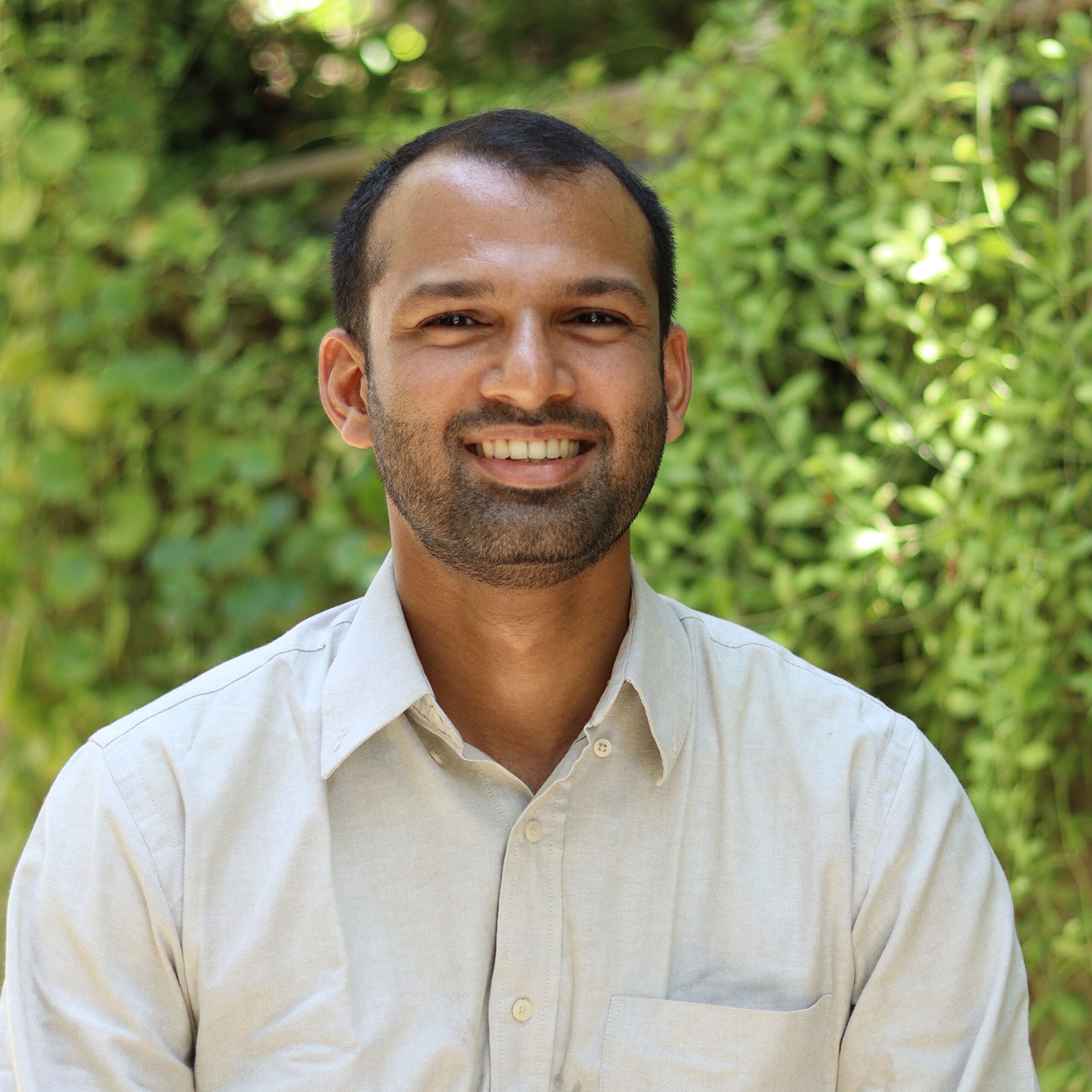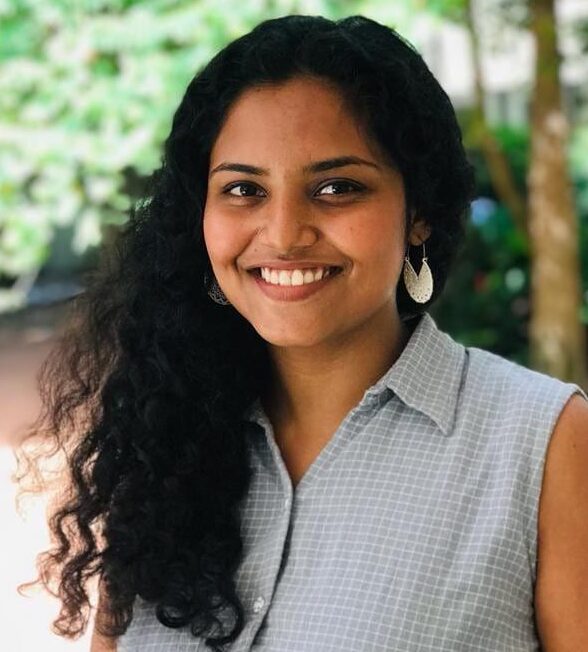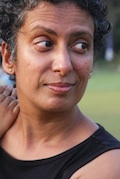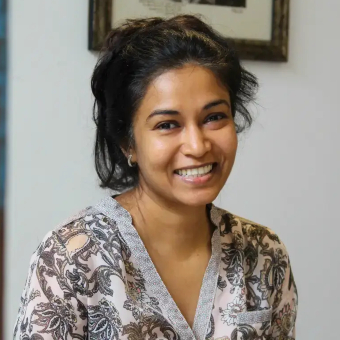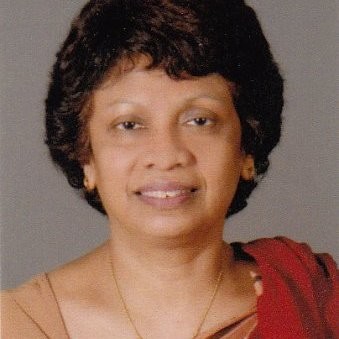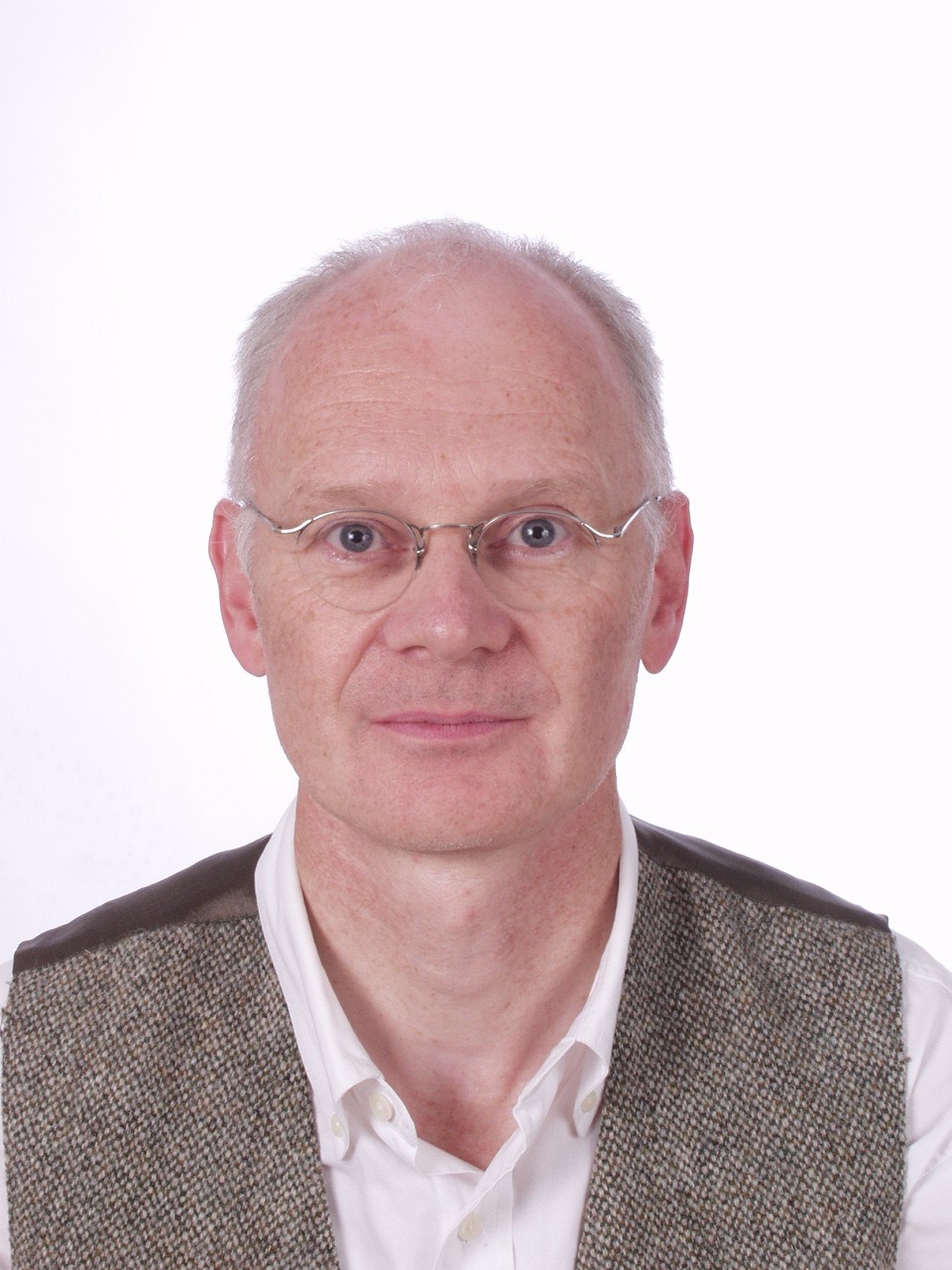CHDM is a specialist institution working collaboratively and interdisciplinarily to devise and implement processes that interrogate Sri Lanka’s complex past, document the present, support the information needs of its citizens and that promote the creation and exchange of knowledge.
CHDM was founded by a group of practitioners from the fields of archives and records management, human rights, anthropology, sociology, museology, psychology, media, gender studies and transitional justice. It was registered as a trust in March 2022 and functions as an independent, non-partisan and not-for-profit institution.
The founding members of CHDM are: Professor Gameela Samarasinghe, Zainab Ibrahim, Krishna Vellupillai, Mirak Raheem, Sulakshana de Mel, Nigel Nugawela, Johann Peiris
CHDM was established for the following reasons:
- The need for a locally-owned organisation dedicated to responding to/intervening in a spate of issues related to historical production, the management and use of archives, pedagogy in history, alternative approaches to museology, and other forms of memory work;
- To focus on longer-term interventions and partnerships that are fundamentally based on a respect for rights, an ‘ethics of care’, and the principles of consent and do-no-harm;
- To anchor programmatic work to the substantive practices of various disciplines and to critically evaluate the latter in relation to the unique socio-political dynamics of the Sri Lankan context;
- To foster space for sustained dialogue on memory-information disciplines;
- To facilitate the establishment of communities of practice in various thematic areas.
CHDM is committed to the following objectives:
- Fostering dialogue on history and memory;
- Centering and promoting practice in information disciplines (archives and records management) and other disciplines (museology, oral history and history didactics);
- Collecting, preserving and making accessible records and objects;
- Actively documenting events, peoples and spaces;
- Working on the needs, rights, histories and experiences of marginalised and affected communities;
- Providing opportunities in formal and informal spaces for education and critical pedagogical approaches;
- Advancing social justice principles in its programmatic work, specifically equality, participation, diversity, rights-based approaches to practice, and access;
- Engaging with youth and promoting intergenerational dialogue.

